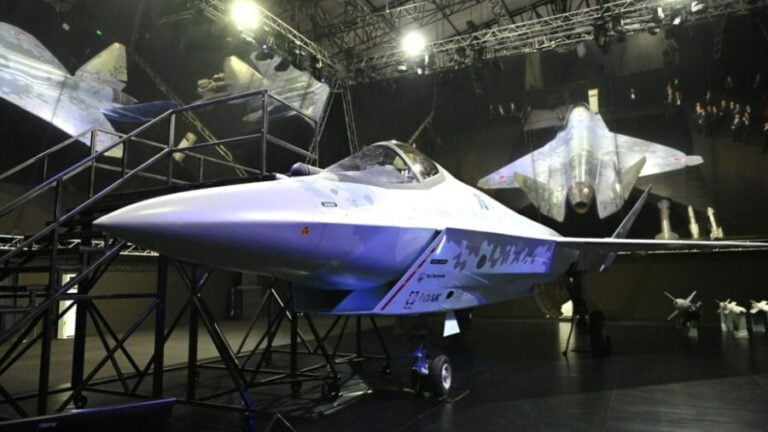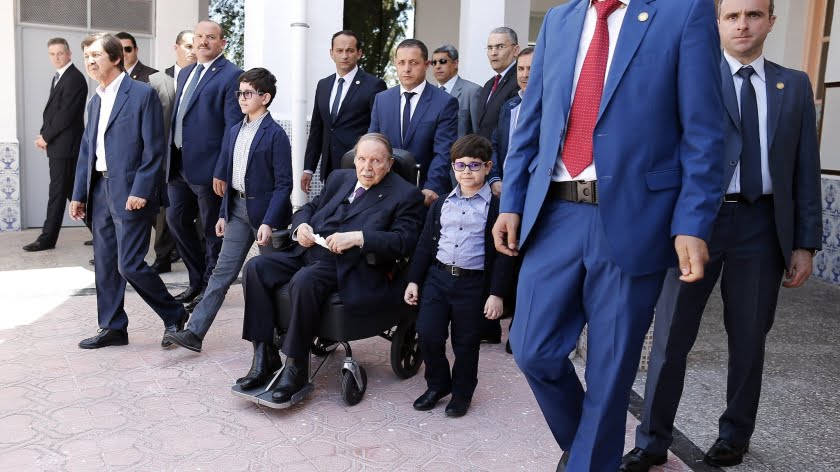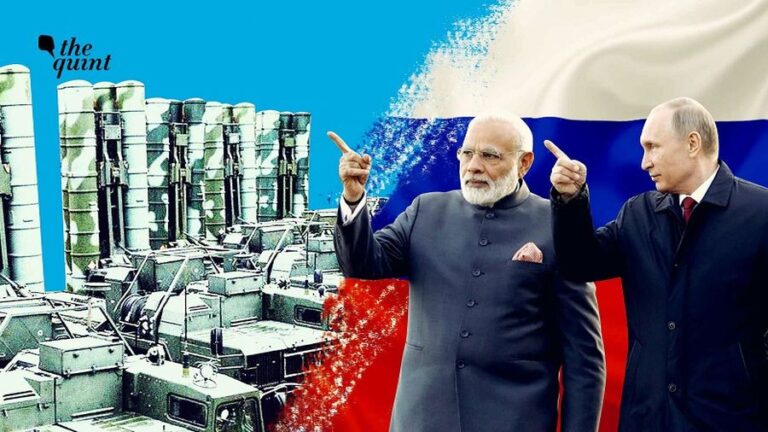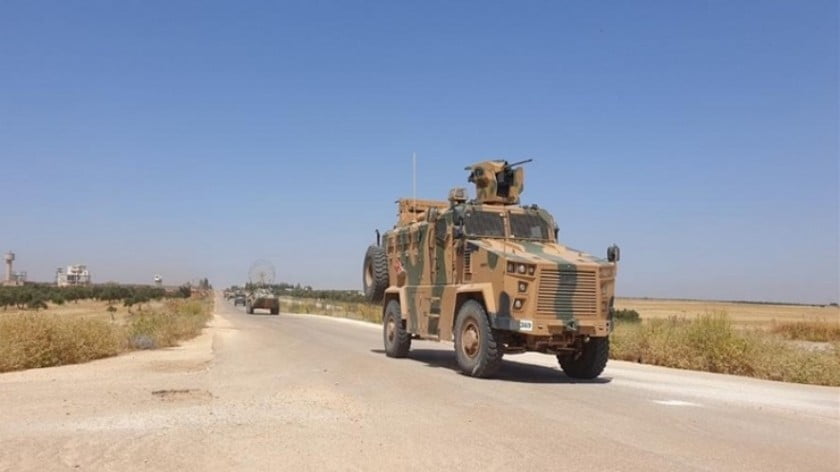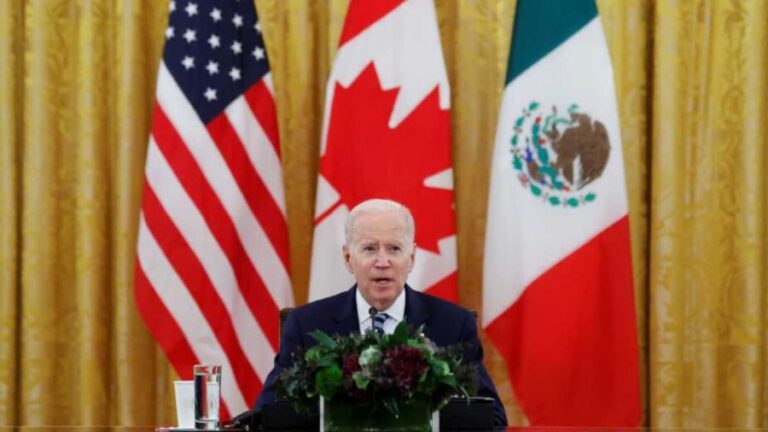Militants Routed in Aleppo: Idlib Is Next
With the crushing defeat in Aleppo close, terrorist groups intensify their activities in the Idlib province (governorate). Debacle now appears to be a matter of when, not if. And if is very close. The Russia-supported Syrian forces have scored a big victory to turn the tide of war, but the conflict remains far from over. The rebels still control significant chunks of territory, notably in Idlib. The province represents the largest geographic area currently held by opposition groups, most importantly Jabhat al-Nusra (the new name is Jabhat Fatah al-Sham) and Jund al-Aqsa.
As hundreds of rebels were surrendering and leaving the positions in the eastern part of Aleppo, Sunni extremist group Ahrar al-Sham attacked the Shia enclaves, Fouah and Kafraya, in Idlib with dozens of Grad rockets. The attack is rather symbolic. Actually, the fall of Aleppo is the beginning of the battle for the governorate. The attacks signify the end of previous cessation of hostilities accords reached there in 2015.
In the next stage, Idlib will become the major destination and most important target of joint Russian-Syrian military operations. The province has become home to the largest number of rebel movements, excluding the Islamic State (IS) group, anywhere in the country. It is logical to surmise that the extremist groups want the non-Sunni enclaves seized and «cleansed» before the offensive to retake the province starts. More than 20 thousand militants from other parts of Syria have recently moved to Idlib, often taking advantage of truce reached with the government forces. They are taking positions to repel the expected assault.
High positioned anti-government rebels have also moved to the province to «govern the new Syrian state».
According to a rebel source, a dozen former IS militants – including Tunisian Islamic jurist Bilal al-Shuwash al-Tunsi and his companion Abu Dharr al-Tunsi – arrived in Idlib province on December 6 after crossing the border with aid from Turkey. Bilal al-Shuwash al-Tunsi and his fighters have now joined Jabhat Fateh al-Sham, a jihadist group with ties to al-Qaeda.
Sheikh Abdallah Muhammad al-Muhaysini, the leading Jaysh al-Fateh spokesperson, says that hundreds of IS fighters are defecting back to Syrian rebel ranks due to the caliphate continuously losing territory.
These events indicate that there are plans to turn Idlib into a battlefield to create a parallel Syrian state. And the Idlib battle may begin before US President-elect takes office. The Obama administration is still pursuing the goal of regime change in Syria against all the odds, pushing the US to the brink of confrontation with Russia. Obviously, Donald Trump rejects this policy.
The president-elect has quite a different approach to the solution of Syria’s crisis that the outgoing administration. He believes that his administration’s top priority in Syria would be to defeat the Islamic State group, rather than ousting Syrian President Bashar al-Assad.
Mr. Trump has stated that regime change in Syria would only cause more instability in the region. He thinks that shoring up President Assad is the most efficient way to stem the spread of terrorism. According to Mr. Trump’s statements, he would weigh an alliance with Russia against Islamic State militants.
Syrian President Bashar al-Assad believes Donald Trump that could be a «natural ally» in the fight against terrorism.
It’s not excluded that Russia and the US will soon cooperate on Libya, Afghanistan and Iraq.
With the US-led operation in to retake Raqqa, the unofficial Islamic State capital, the defeat of terrorists in Aleppo and the impending battle in Idlib, the question «what to do next» in Syria becomes a matter of paramount importance. This is the time when the major stakeholders have to take decisions. Either they coordinate efforts or continue to balance on the brink of confrontation.
With Donald Trump in office, a deal on coordinating activities is reachable. Joint air strikes against Islamic State and Jabhat Fatah al-Sham in Idlib would be a good start. The zones of influence and mutual obligations could be defined till UN-brokered international negotiations produce results. Joining together, the parties could gradually move forward within the framework of International Syria Support Group.
Donald Trump’s stance on Syria opens new opportunities for fruitful cooperation with Russia. The conflict will not last forever. The cooperation between Russia and the US is key to achieving progress on peaceful settlement. It could spread to other areas of the bilateral relationship.
These are the hopes and prospects which have a chance to materialize. Currently, something very strange is happening. With all the ballyhoo raised by the West about the need to fight terrorists, the military success of Russia-supported forces in Aleppo evokes anger and calls for suspending the successful operation.
On December 7, the United States, Britain, Germany, France, Italy, Canada voiced readiness to impose sanctions against allies of Syrian President Bashar al-Assad. White House spokesman Josh Earnest said that the US and its European allies may impose more economic and political sanctions against Russia over Syria. The Western leaders want an immediate end of hostilities for humanitarian reasons. This is an outright folly. The terrorist groups will regroup to make the suffering of civilians last longer. The best way to address the humanitarian crisis in Aleppo is to oust the militants as fast as possible.
Civilian losses are high in Raqqa and Mosul but nobody says the combat should be suspended. Driving out those who cause all the trouble is the best way to solve the problem. Only then a UN-sponsored international effort can be really helpful.
Russian Foreign Minister has already dismissed the Western threat of new sanctions over Syria as a sign of «political impotence».
The threats of additional sanctions are doomed to be fruitless the same way the militants desperate attempts to hold the chunk of Aleppo still under their control will inevitably fail. Aleppo is a turned page. It’s Idlib that is important now.
The outgoing US administration and its European allies appear to do their best to help terrorists and hinder the efforts to rout them. But the threats will not prevent the Russia-supported forces striking terrorists in Idlib pretty soon and very hard. The more military success against the terrorists is achieved, the more visible the «political impotence» will become visible. Anyway, the events in Syria run counter to the outcomes expected by the current US administration and its allies. And there is nothing they can do about it.
By Peter Korzun
Source: Strategic Culture



